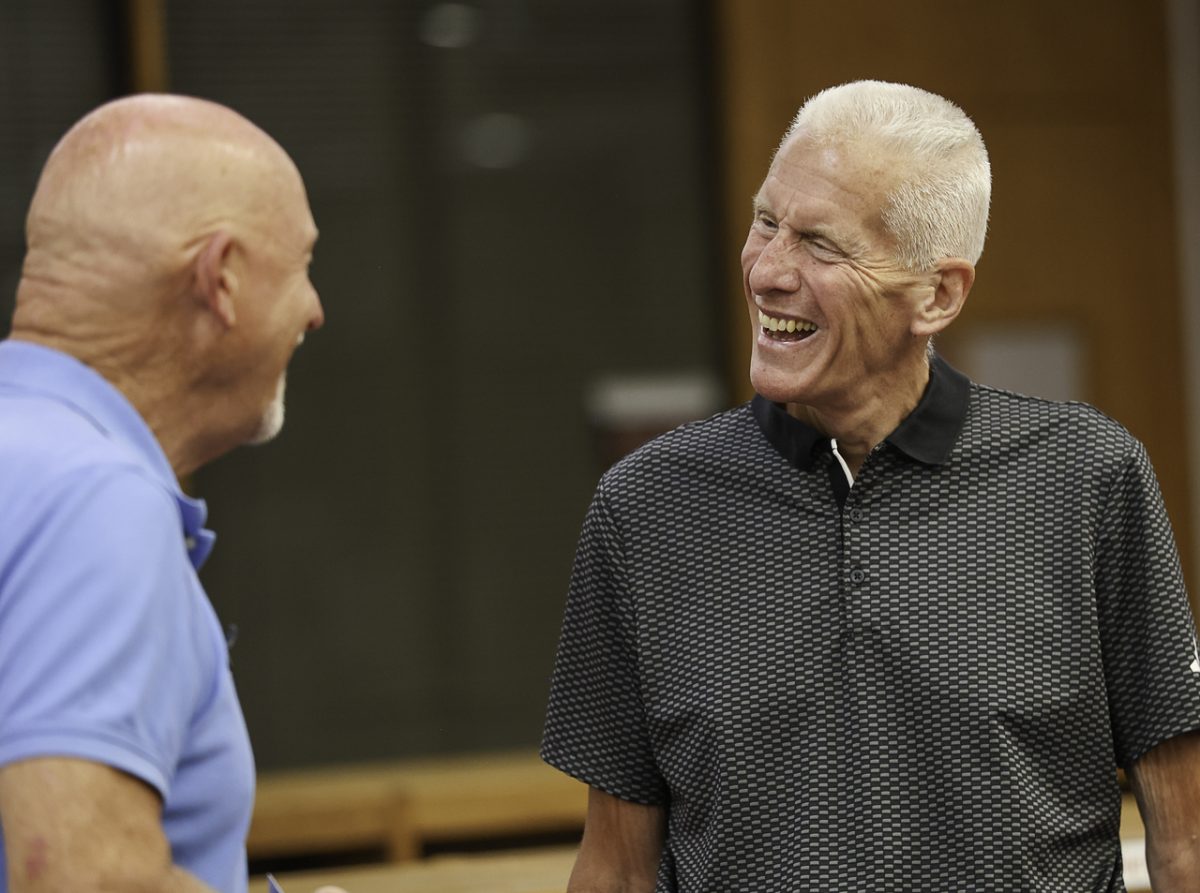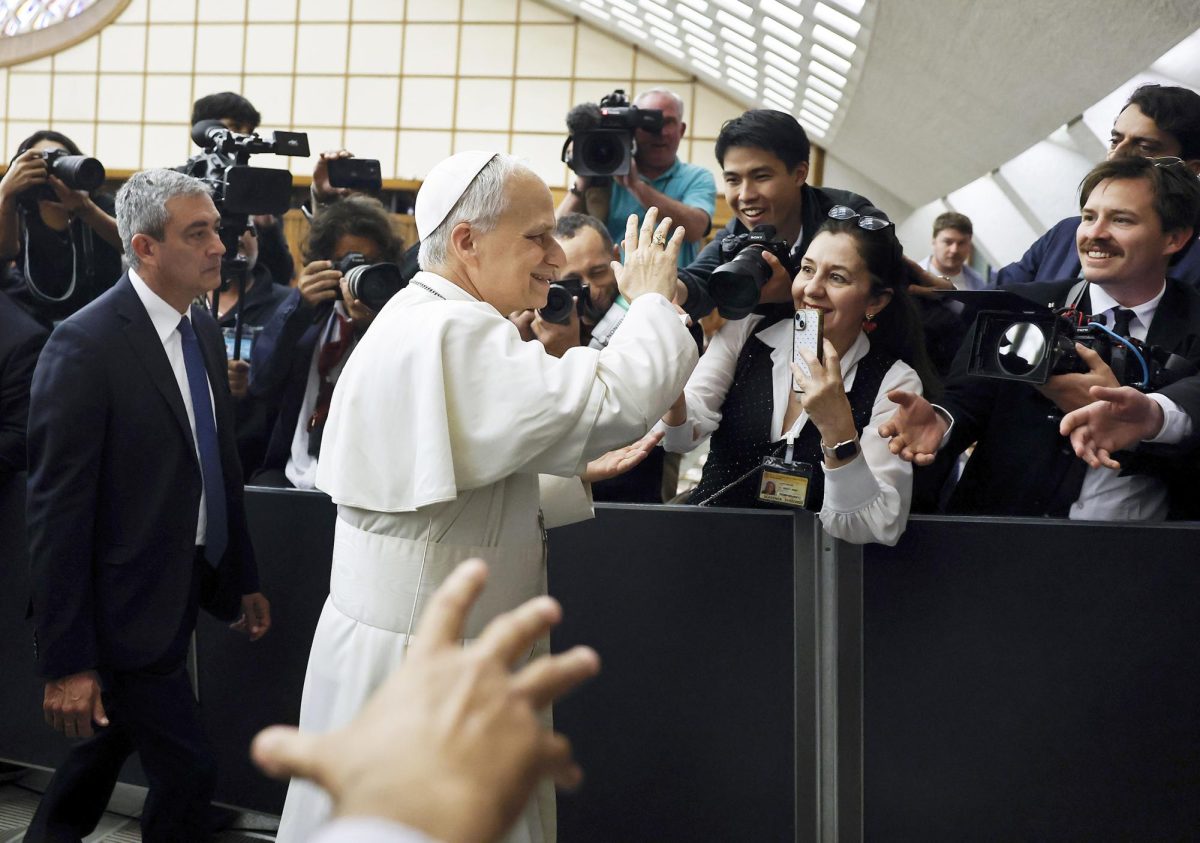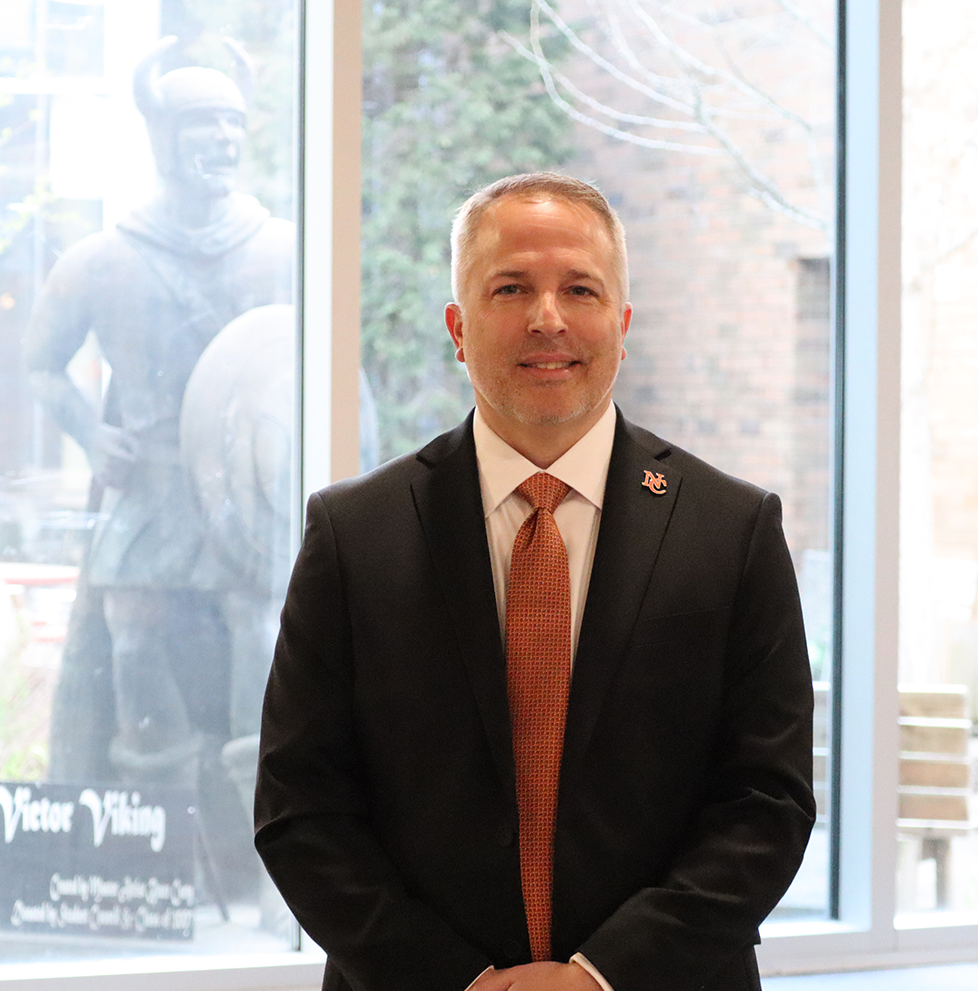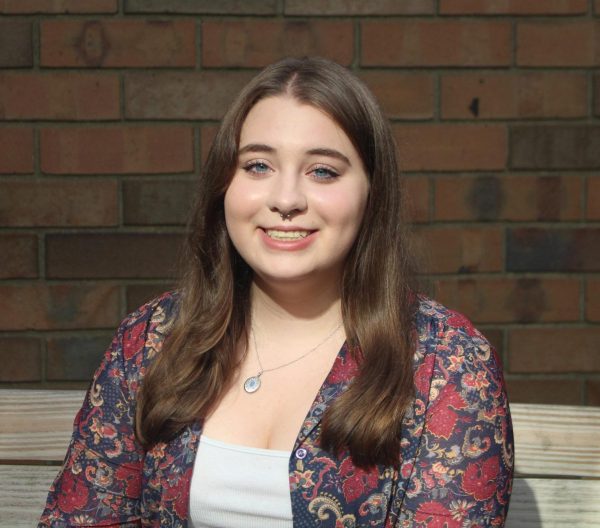In an era saturated with information, where global events unfold before our eyes, it is disheartening that certain tragedies often fail to receive the attention they deserve. The ongoing crises in Sudan and the Democratic Republic of the Congo are prime examples of humanitarian disasters that remain inadequately addressed by the mainstream media. In a world that prides itself on connectivity, the geographic origins of suffering should never dictate the level of attention and urgency afforded to it. The mainstream media’s failure to adequately address these crises is not merely a journalistic oversight; but a reflection of a broader pattern of human life being unevenly measured by geographic proximity and geopolitical significance. It is so easy to turn a blind eye to these crises, to distance ourselves from the uncomfortable truths but change is not born from complacency. I am not writing this to sway your opinion or to take sides on any given conflict, I am writing this to give you information you may have not have seen in the news and as a plea to stand up for human life.
Democratic Republic of the Congo [DRC]
Since 1996, the Democratic Republic of Congo has been in conflict involving foreign armies, militia groups, and natural resources, resulting in more than 6 million deaths. The conflict has caused severe torture to civilians and violated
human rights, with the assault, mass murder, and displacement of the Congolese.
Despite the level of tragedy, Mrs. Rashmi Chopra, World History and Government teacher, has not seen much of the genocide reported in mainstream
news — “maybe some little bits and pieces.”
“[The mainstream media] does not cover it,” she said. “Only if it affects our president, or our spending money, our supplying weapons; other than that, very little reference, almost none. There is not world news; it is only America news.”
The conflict is primarily political, stemming from unrest caused by Hutu refugees from the Rwandan genocide, and international demand for natural resources like gold, copper, diamonds, and coltan [columbite-tantalite, a dull
metallic ore]. However, funds from these sales have not reached civilians, causing a crisis in education, healthcare, legal, and road systems.
The violence in DRC is closely related to the 1994 Rwandan genocide, which lead first to the 1996 Congo War then the Second Congo War, in 1998 also known as the African World War. The war ended in 2003, but instability persisted in the east until 2008. the DRC and Rwanda joined forces later that year to combat the Democratic Forces for the Liberation of Rwanda [FDLR] which had been infiltrated by rebels. the conflict remained unabated, and troops, backed by U.N. peacekeepers, failed to defeat them. Meanwhile, The Lord’s Resistance Army, which has abducted and turned over 67,000 kids into child soldiers and slaves, forcing them to kill their own people, expanded from Uganda into the DRC.
In 2022, M23 rebel group resurgence and Rwanda funding accusations led to increased military presence, while China’s negotiations with Congolese leadership granted Chinese firms access to metals for electronics at the expense of the Congolese. As of 2023, the DRC has 5.7 million internally displaced people in need of more than $2 billion in aid. Human rights organizations and foreign governments have called for Rwanda to stop supporting the M23, but Rwanda and foreign-owned companies abusing the land have yet to back down.
Sudan
Sudan has been grappling with civil war, genocide, resource theft, and autocratic governments for decades. Divided into regions Darfur, South Sudan, and North Sudan, the northern Arab minority controls the government, while the rest is African. Since the end of British colonial rule in the 1950s, Sudan’s rulers have ruled through oppression and violence. The 20-year civil war began in 1983, primarily over control of fertile land and oil. Hostilities between Arabs in the North and Africans in the south and west led to the enslavement of Africans.
The United States first intervened in Sudan during the civil war, leading to the Comprehensive Peace Agreement in 2005. In 2011, fighting broke out between President Salva Kiir and supporters and Vice-President Reik Machar and his
supporters. The United Nations Mission in South Sudan [UMISS], established in 2011, has a mandate that has been extended until March 15, 2024.South Sudan’s violence has escalated, causing 800,000 internally displaced people, 75,000 refugees, thousands dead, and 3.2 million people in need of assistance.
Darfur faces a third Sudanese crisis due to desertification and the government’s desire for African land. Oil is a key source of foreign direct investment, enabling the government to attack and take land. In 2003, African rebel groups attacked a government post in Darfur, leading to a genocidal campaign against and displacement of more than 2.5 million. Sudanese government planes bomb villages, kill, torture, and poison wells, using weapons from Russia and China. The UN Security Council referred the situation to the International Criminal Court, leading to Bashir being the first sitting head of state indicted and charged with genocide.
In 2017, the Trump administration revoked sanctions against Sudan. Then, in 2019, pro-democracy protests took place leading to Bashir’s downfall and formation of a military-led transitional government. The UN Security Council supports Sudan’s democratic transition until December. Sudan’s crisis is influenced by Russia and China, as Sudan is Africa’s third largest gold producer. Russia sustains its war in Ukraine by smuggling gold from Sudan and supporting pro-democracy civilians, and the military takeover. Meroe Gold extracts gold and provides weapons and training to Sudan’s army, and “the European Union has sanctioned a Russian national and the subsidiary of Russia’s Wagner Group in Sudan, Meroe Gold, for facilitating the exploitation of Sudan’s gold wealth, after a CNN investigation into the group’s activities last July,” CNN reported Feb. 27.
While some news, as the aforementioned article, has reached mainstream media, in the face of the ongoing tragedies in Sudan and Democratic Republic of the Congo [alongside others], it is imperative we reflect on the narratives that shape our awareness and the media’s role in framing global crises. The mainstream media, despite its ability to connect the world, has often fallen short in giving adequate attention to countries in need.
The loss of human life should never be overshadowed by the biases of geographic position and geopolitics. By actively rejecting ignorance, and giving these neglected stories the space they deserve, we can resolve our selective
awareness. The path to real peace and lasting transformation is not meant to be easy. It demands continuous effort and the courage to confront uncomfortable news.
“In the present time, it is really scary that we have allowed some big businesses to control information, opinions, and the media,” Chopra said. “We mention the other parts of the world only if we have military interest or we are buying some product from them…We are not contributing to world peace.”
By standing with victims of genocide, we stand for the collective well-being of humanity, reaffirming the belief that every life deserves to be seen, acknowledged, and valued. Stand with the Democratic Republic of the Congo and Sudan — stand with humanity.
All statistics/information [in addition to the interview and CNN reference]
obtained from www.worldwithoutgenocide.org.

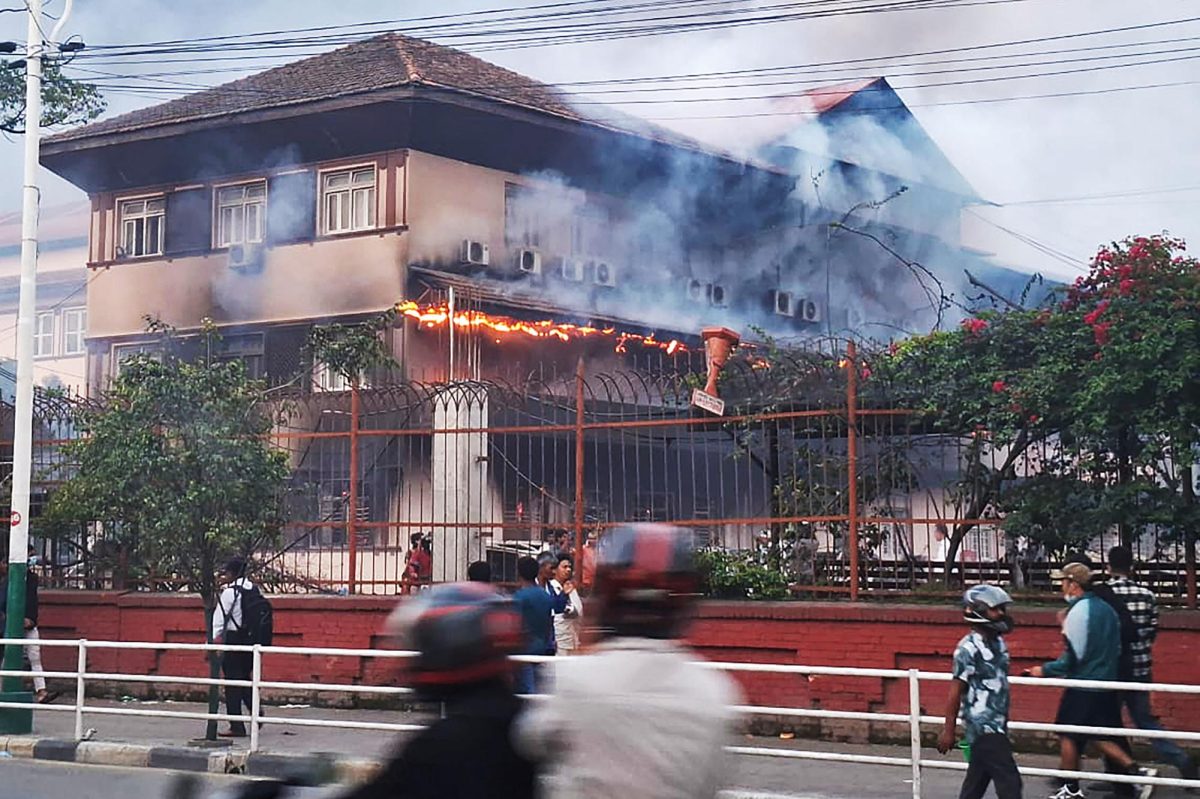
![NATO Supreme Allied Commander Europe [SACEUR] General Alexus G. Grynkewich speaks during a press conference on the violation of Polish
airspace by Russian drones, at the NATO headquarters in Brussels on Sept. 12, 2025. NATO will strengthen the defense of its eastern flank, following the intrusion of Russian drones into Polish airspace this week, announced NATO Secretary on Sept. 12.](https://thevikingviews.com/wp-content/uploads/2025/10/OPED-NATO-POLAND-COMMENTARY-GET-1200x800.jpg)
